Diana Panorama interview: Hurt and betrayed, she was desperate to take her revenge
It was only when it was too late that it dawned on Diana the damage her BBC interview did to her beloved sons.
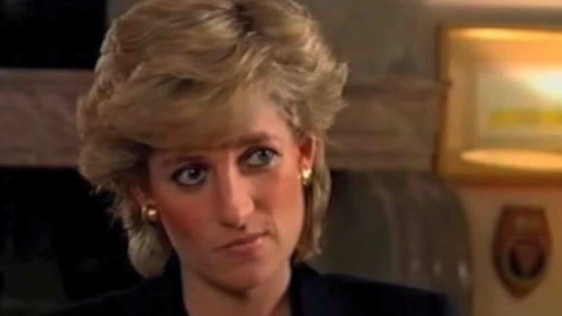
When Diana’s Panorama interview was broadcast by the BBC in November 1995, the 13-year-old Prince William watched the program in a master’s study at Eton. It was a devastating experience for him.
As his biographer Penny Junor wrote, “he was deeply upset, as any child, watching one parent assassinate the integrity of the other, let alone talk about their infidelity, would be”.
Yet Diana, wrapped up in her desire to take her revenge on Prince Charles and the rest of the royal family, had no thought of the damaging effect that her interview would have on her two sons. It was only later that the full significance of what she had done dawned on her.
She confessed to one of her best friends that she regretted doing the program. However, by then it was too late.
Everything Diana said and did in her interview with Martin Bashir, from her make-up to her carefully rehearsed lines about Charles and Camilla, was calculated to create the maximum impact.
Dressed in black, and with her eyes heavily ringed with kohl, Diana both wanted to portray herself as a victim, but also someone strong and defiant.
Like Charles before her, in his television interview with Jonathan Dimbleby, she admitted that she had been unfaithful, saying of James Hewitt: “Yes, I adored him. Yes, I was in love with him.”
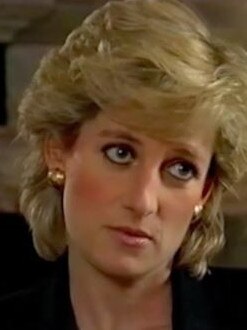
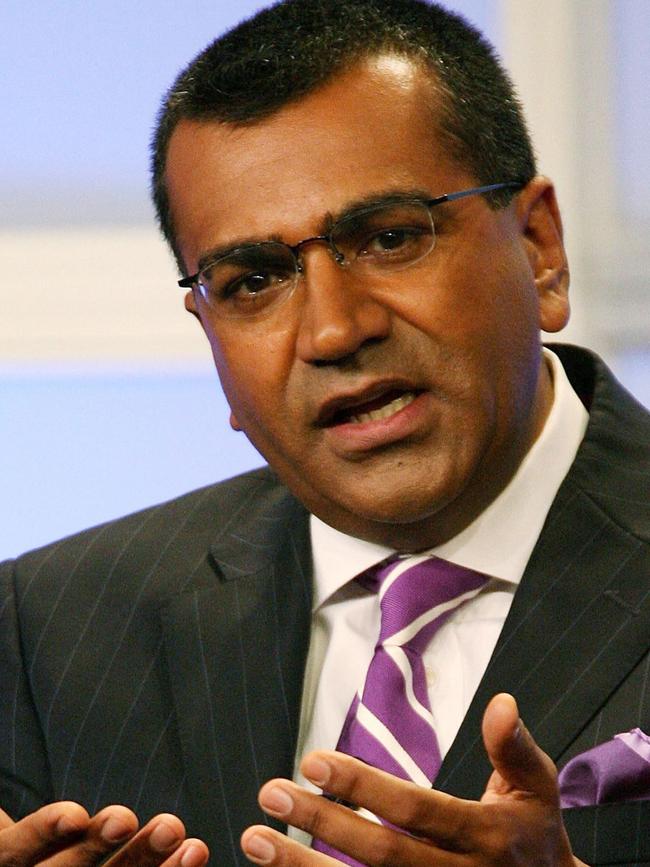
She spoke bitterly of courtiers, who she called the enemy within, and said that all she wanted was to be a queen in people’s hearts.
Her main barbs in the interview, which was watched by 23 million people in the UK alone, were aimed at her husband and his mistress. Asked what role Camilla Parker Bowles had played in the break-up of her marriage, she said: “Well, there were three of us in this marriage, so it was a bit crowded.”
The most damaging line was her withering condemnation of Charles’s fitness to be king. She was not sure, she said, whether he could adapt to what she called “the top job”.
“My wish,” she added, “is that my husband finds peace of mind.”
Afterwards Diana’s friends were horrified. One told the biographer Sarah Bradford that she told Diana it was “a frightful mistake”. The friend said: “She didn’t like that at all.”
But the interview was a huge popular success and Diana remained convinced she had done the right thing.
The immediate fallout included the resignation of her press secretary, Geoff Crawford, who had been kept in the dark about the interview by Diana. So too had her private secretary Patrick Jephson, who left a few months later.
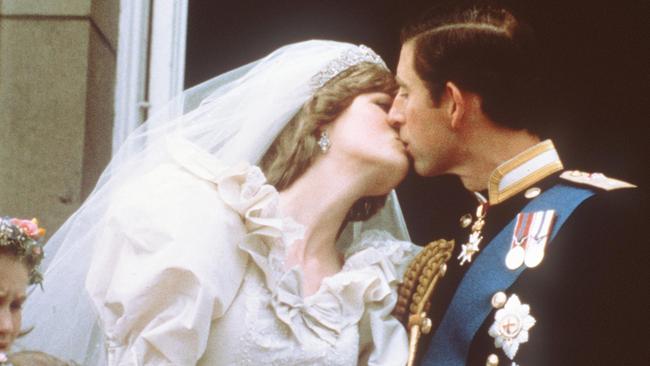
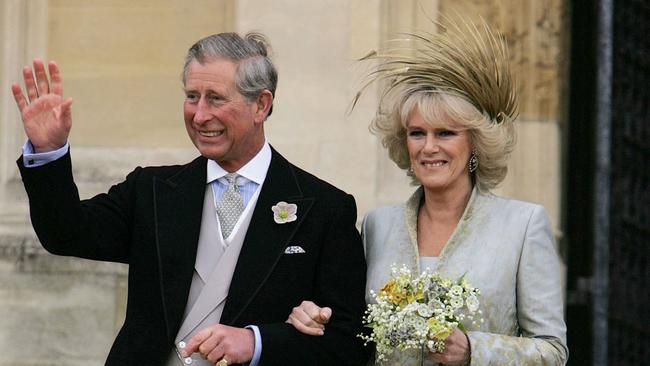
For the Queen it was the final straw. Shortly before Christmas she wrote to Diana saying that, having consulted the prime minister and the Archbishop of Canterbury, she had come to the conclusion that it was time to end the uncertainty and for Charles and Diana to take steps to divorce.
Relations between the royal family and the BBC were also damaged. The following year the palace said that the Queen’s Christmas broadcast, which up to then had always been done by the BBC, would be rotated with ITV. It was not, the palace said, a punishment for the interview, but sources let it be known that the decision had been “accelerated” by the Panorama affair.
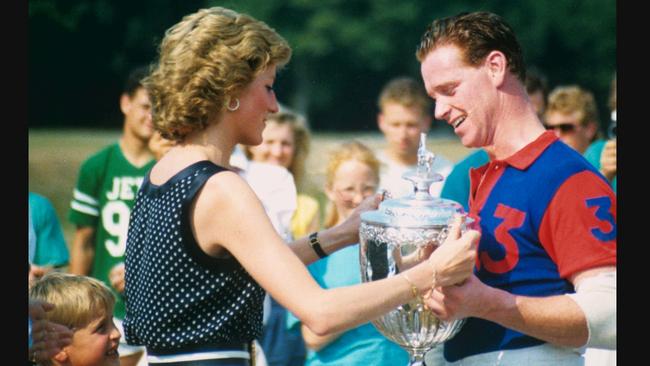
What Diana had not considered was the effect the interview would have on her children.
After Diana’s death her friend Rosa Monckton said that she later regretted what she had done. “As the wounded, trapped animal she could be terrifying, and her infamous Panorama interview was an example of that.
“It was born of some basic desire to hurt those who she felt betrayed her. But she also had the ability to admit her mistakes, and she said to me that she regretted doing the program.
“The sad thing is that it was her only television interview, and it was Diana at her worst.”
The Times

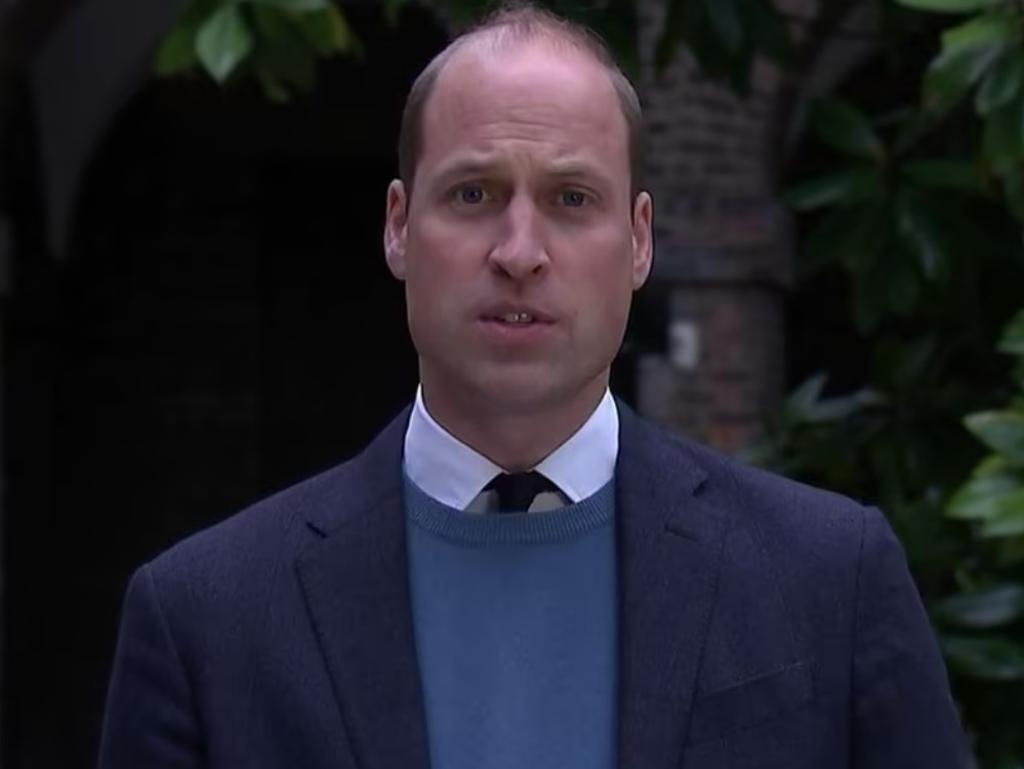
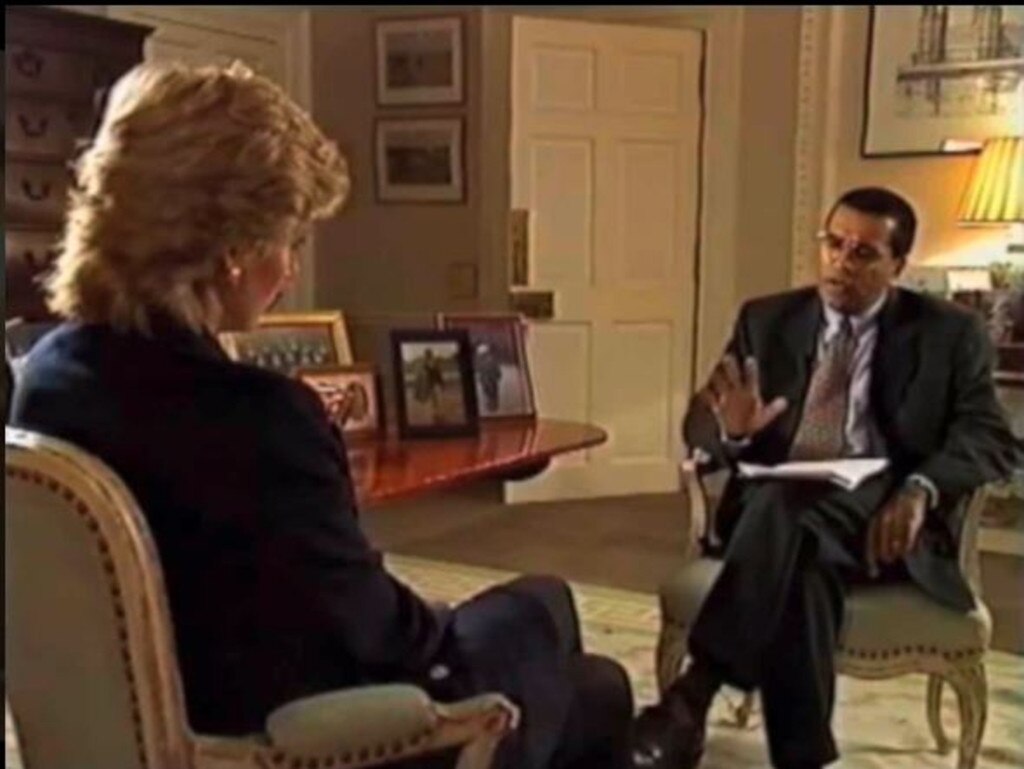

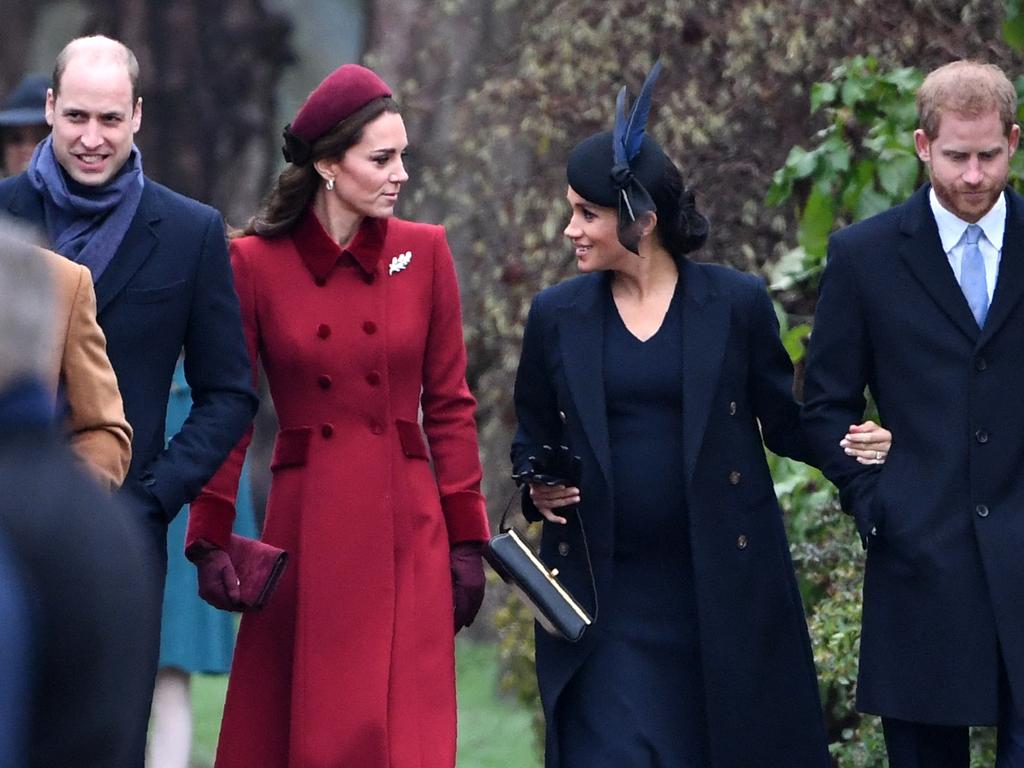
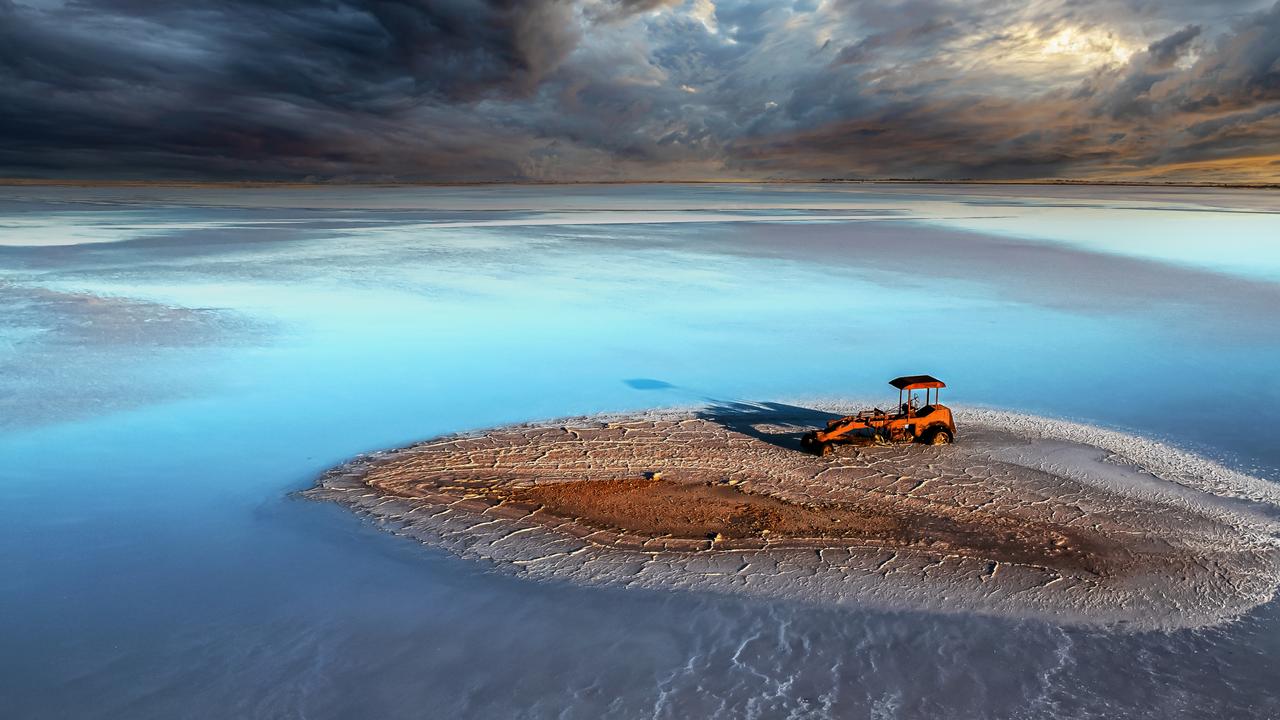
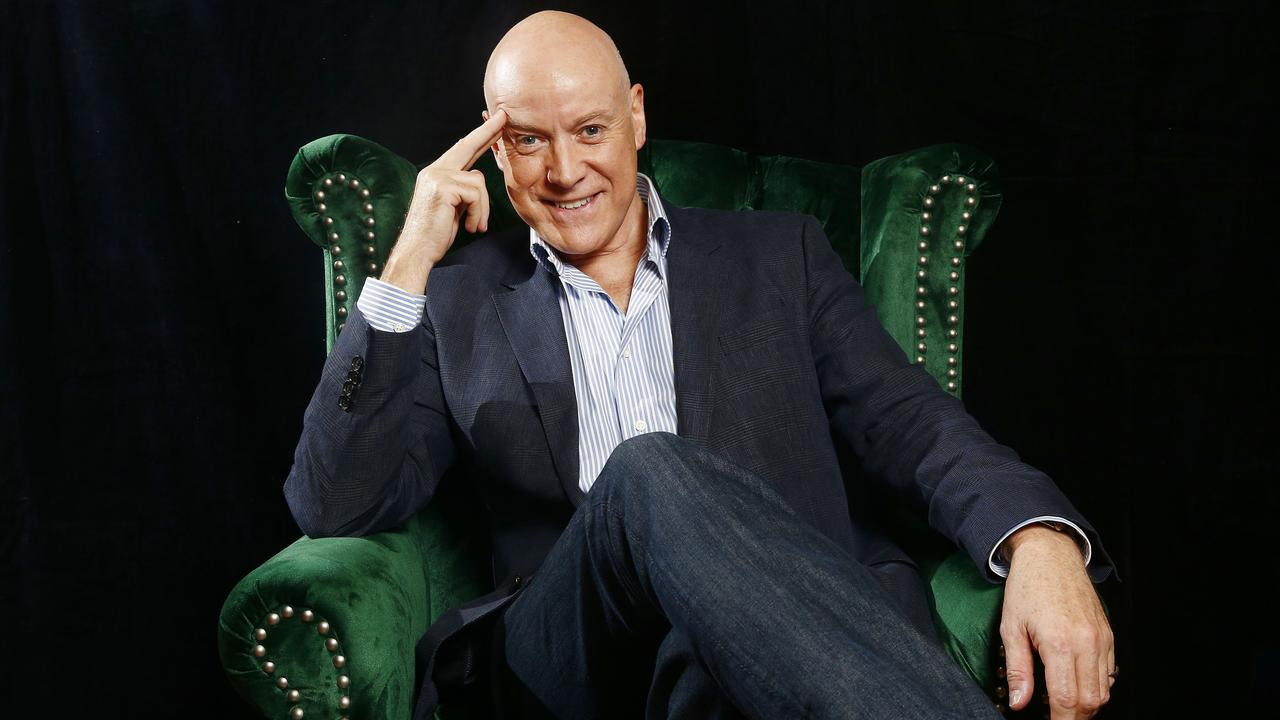
To join the conversation, please log in. Don't have an account? Register
Join the conversation, you are commenting as Logout